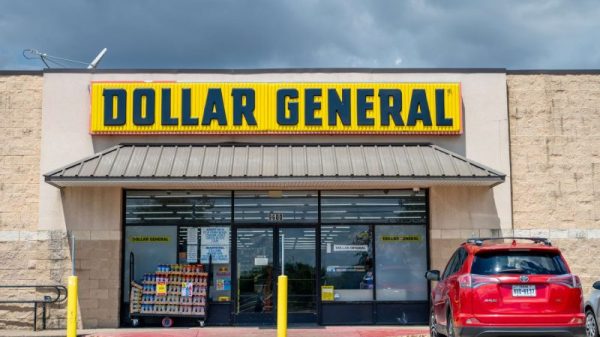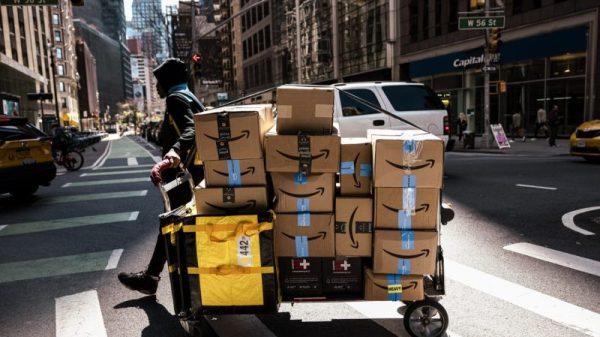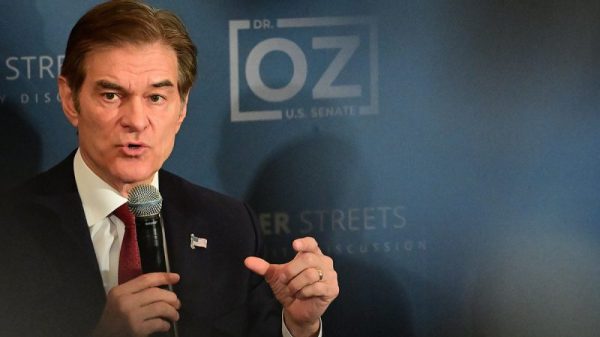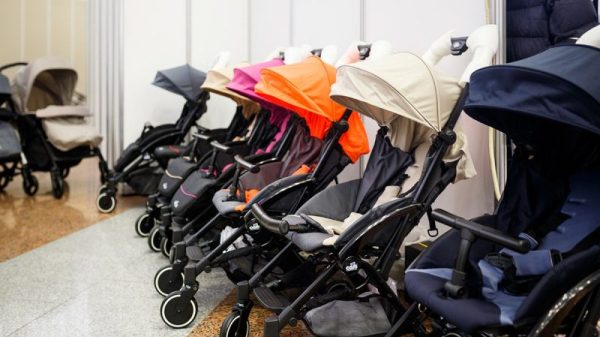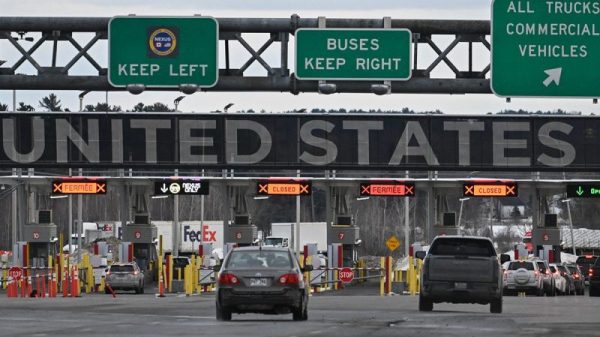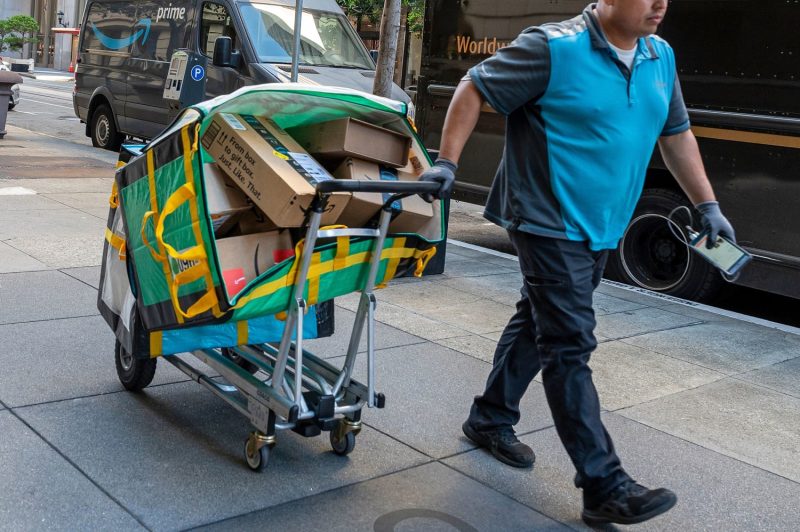Washington, D.C.’s attorney general sued Amazon on Wednesday, accusing the company of covertly depriving residents in certain ZIP codes in the nation’s capital from access to Prime’s high-speed delivery.
The lawsuit from AG Brian Schwalb alleges that, since 2022, Amazon has “secretly excluded” two “historically underserved” D.C. ZIP codes from its expedited delivery service while charging Prime members living there the full subscription price. Amazon’s Prime membership program costs $139 a year and includes perks like two-day shipping and access to streaming content.
“Amazon is charging tens of thousands of hard-working Ward 7 and 8 residents for an expedited delivery service it promises but does not provide,” Schwalb said in a statement. “While Amazon has every right to make operational changes, it cannot covertly decide that a dollar in one zip code is worth less than a dollar in another.”
Amazon spokesperson Steve Kelly said in a statement it’s “categorically false” that its business practices are “discriminatory or deceptive.”
“We want to be able to deliver as fast as we possibly can to every zip code across the country, however, at the same time we must put the safety of delivery drivers first,” Kelly said in a statement. “In the zip codes in question, there have been specific and targeted acts against drivers delivering Amazon packages. We made the deliberate choice to adjust our operations, including delivery routes and times, for the sole reason of protecting the safety of drivers.”
Kelly said Amazon has offered to work with the AG’s office on efforts “to reduce crime and improve safety in these areas.”
In June 2022, Amazon allegedly stopped using its own delivery trucks to shuttle packages in the ZIP codes 20019 and 20020 based on concerns over driver safety, the suit states. In place of its in-house delivery network, the company relied on outside carriers like UPS and the U.S. Postal Service to make deliveries, according to the complaint, which was filed in D.C. Superior Court.
The decision caused residents in those ZIP codes to experience “significantly longer delivery times than their neighbors in other District ZIP codes, despite paying the exact same membership price for Prime,” the lawsuit says.
Data from the AG shows that before Amazon instituted the change, more than 72% of Prime packages in the two ZIP codes were delivered within two days of checkout. That number dropped to as low as 24% following the move, while two-day delivery rates across the district increased to 74%.
Amazon has faced prior complaints of disparities in its Prime program. In 2016, the company said it would expand access to same-day delivery in cities including Atlanta, Chicago, Dallas and Washington, after a Bloomberg investigation found Black residents were “about half as likely” to be eligible for same-day delivery as white residents.
The ZIP codes in Schwalb’s complaint are in areas with large Black populations, according to 2022 Census data based on its American Community Survey.
The Federal Trade Commission also sued Amazon in June 2023, accusing the company of tricking consumers into signing up for Prime and “sabotaging” their attempts to cancel by employing so-called dark patterns, or deceptive design tactics meant to steer users toward a specific choice. Amazon said the complaint was “false on the facts and the law.” The case is set to go to trial in June 2025.
According to Scwalb’s complaint, Amazon never communicated the delivery exclusion to Prime members in the area. When consumers in the affected ZIP codes complained to Amazon about slower delivery speeds, the company said it was due to circumstances outside its control, the suit says.
The lawsuit accuses Amazon of violating the district’s consumer protection laws. It also asks the court to “put an end to Amazon’s deceptive conduct,” as well as for damages and penalties.
To get packages to customers’ doorsteps, Amazon uses a combination of its own contracted delivery companies, usually distinguishable by Amazon-branded cargo vans, as well as carriers like USPS, UPS and FedEx, and a network of gig workers who make deliveries from their own vehicles as part of its Flex program.
Amazon has rapidly expanded its in-house logistics army in recent years as it looks to speed up deliveries from two days to one day or even a few hours. In July, the company said it recorded its “fastest Prime delivery speeds ever” in the first half of the year, delivering more than 5 billion items within a day.
In relying on its own workforce, Amazon has assumed greater control over its delivery operations.
In his complaint, Schwalb cites an internal company policy that says Amazon may choose to exclude certain areas from being served by its in-house delivery network if a driver experiences “violence, intimidation or harassment.” The company relies on UPS or USPS to deliver packages in excluded areas.






